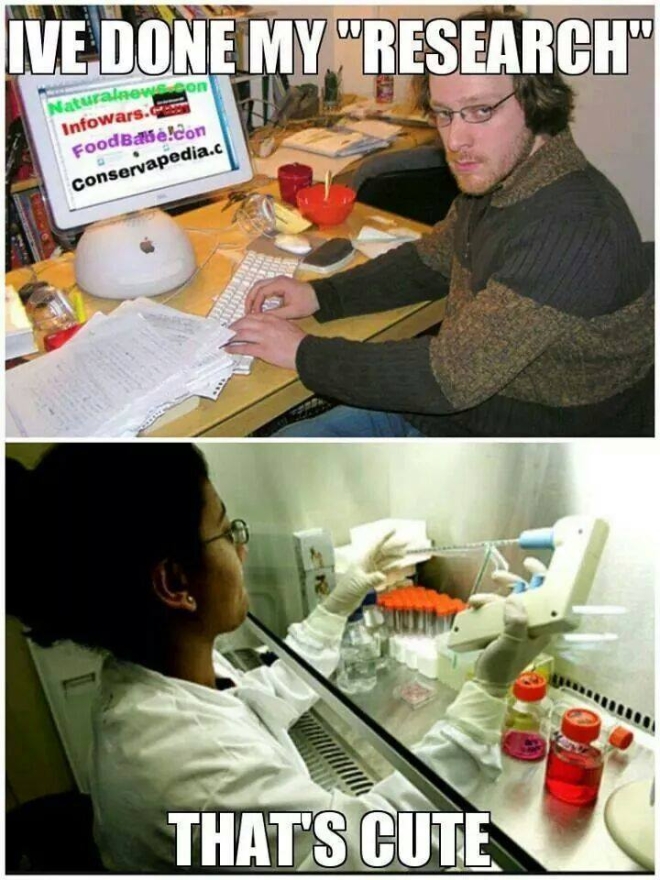Last night, I watched a fascinating episode of the Catalyst, which focussed on the latest research to determine any possible links between nutrition, gut bacteria and health. It certainly was a fascinating topic, especially the faecal implant experiments, which would not be your average dinner conversation topic! But what struck me more so than the interesting research being undertaken in this area, was the number of times phrases like “possible link”, “more research required”, and “decades before tests in humans can be done” were mentioned.
The way we eat and the future of our food is certainly changing. But despite all the new trends that we are seeing and the accompanying “nutrition wars” between dietitians and celebrity chefs, one thing we can be certain of, like most things in life, is that there is still much research to be done.
So with the current minefield of food trends and a Google search for nutrition topics yielding over 125 million results in less than one second, how can you know what is based on reliable scientific facts vs nutrition fallacy?
I use a basic checklist when perusing nutrition information, be it from the internet, media or a so-called professor of nutrition with a large social media following.
- Check the credentials – whilst anyone can sign up for an online nutrition course, Accredited Practising Dietitians (APDs) spend at least four years (usually many more) to become an expert in their area of nutrition. If an APD has had input into the nutrition information, it is likely to be based on scientific evidence.
- Research or research – the media love using the term “research has shown” but has it?? Anyone can do a study but it takes the real scientists to conduct a well-designed trial that provides a meaningful and unbiased outcome. Referring to the original source of the research is usually a good litmus test to see if the claims are nutritionally and scientifically sound.
- Too good to be true – as with most things in life, if it sounds too good to be true, it probably is. What I love about nutrition science is that very little is conclusive without any element of doubt. It keeps things exciting and creates opportunities for further discoveries. Nutrition information based on science will usually provide a different perspective and may apply only in certain situations, rather than claim to be a blanket approach for all.
In our digitally connected world where we barely need to tap our fingers anymore to get information (think Google Glass), it is important to get back to the basics of using our human brain and some common sense, to determine the real facts from the fallacies.

